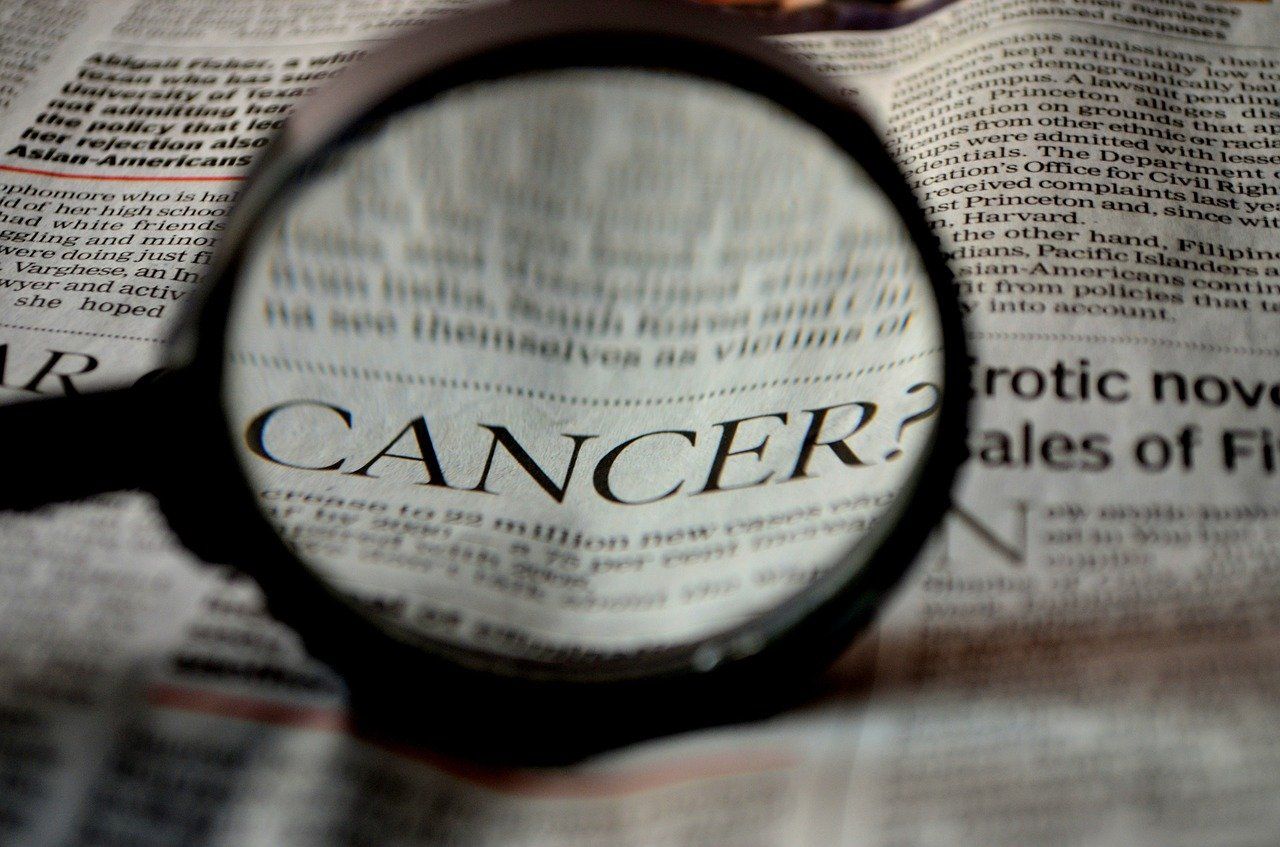
Cervical cancer is commonly caused due to long-lasting infection with the human papillomavirus. Other factor contributing to causes of cervical cancer includes smoking, early menarche, late menopause, oral contraceptive, multiple sex partners, poor genital hygiene.Also Read – Explained: What Is Cervical Cancer? Early Signs, Causes, Symptoms And Treatment, Everything You Need To Know; Watch Video
HIV infections increase the risk of cervical cancer, exposure to diethylstilbestrol inutero. Diet can affect your chance of getting cervical cancer. Women with obesity are more likely to develop a certain type of cervical cancer. Women whose diets are low in fruits and vegetables are also at higher risk of developing cervical cancer. Also Read – COVID-19 And Breastfeeding: Study Reveals NO Evidence of Infection Being Transmitted Through Breastfeeding
Dr Akshay Shah, Consultant Medical Haemato-oncology and Stem Cell Transplant, Global Hospital, Parel, Mumbai says that important lifestyle factors that affect the incidence and mortality of cancer include- tobacco, alcohol, poor diet, obesity, infectious agent, environmental pollutants and radiation, first intercourse at a young age, a high number of sex partners, sex with a person whose partner had cervical cancer, or having multiple sexual partners can also lead to cervical cancer. Dr Shah also shed light on lifestyle modifications you can do to reduce the risk of Cervical cancer. Also Read – Are You Coping With Smell Disorder Even After Covid Recovery? You May Have PAROSMIA, Here’s All You Need To Know
Lifestyle modification that can reduce the risk of Cervical cancer:
- Quit smoking
- Reduce your risk of infections
- Make dietary changes
- Consume plenty of fruit and vegetables
- Exercise regularly
- Manage fatigue
- Seek support
- HPV screening
- Regular pap smear and liquid-based cytology after the age of 30 years for HPV
- Genital hygiene
- HPV vaccination between 9 to 15 years of age
- Try to avoid long term usage of oral contraceptive
Sign and symptoms of cervical cancer
- Blood spots or light bleeding between of following period
- Menorrhagia
- Bleeding after intercourse,
- Douching, or pelvic examination
- increase vaginal discharge
- Pain during sexual intercourse
- Post-menopausal bleeding
- Unexplained persistent pelvic or back pain
- Itching and burning sensation in the vagina
- Unexplained fatigue
- Frequent or urgent urination
- Abdominal bloating
If you have any of these signs and symptoms, its best to consult a doctor immediately.
Stay connected with us on social media platform for instant update click here to join our Twitter, & Facebook
We are now on Telegram. Click here to join our channel (@TechiUpdate) and stay updated with the latest Technology headlines.
For all the latest Lifestyle News Click Here
